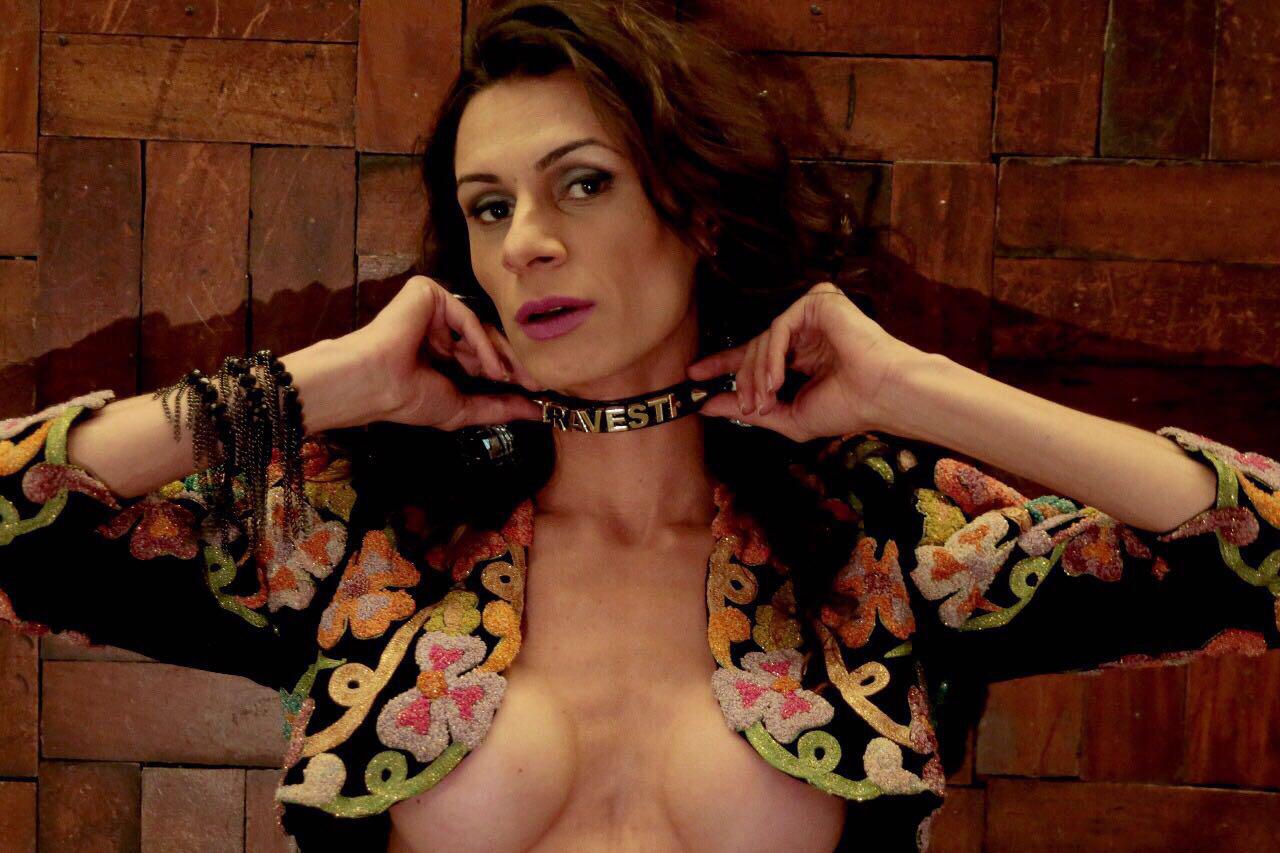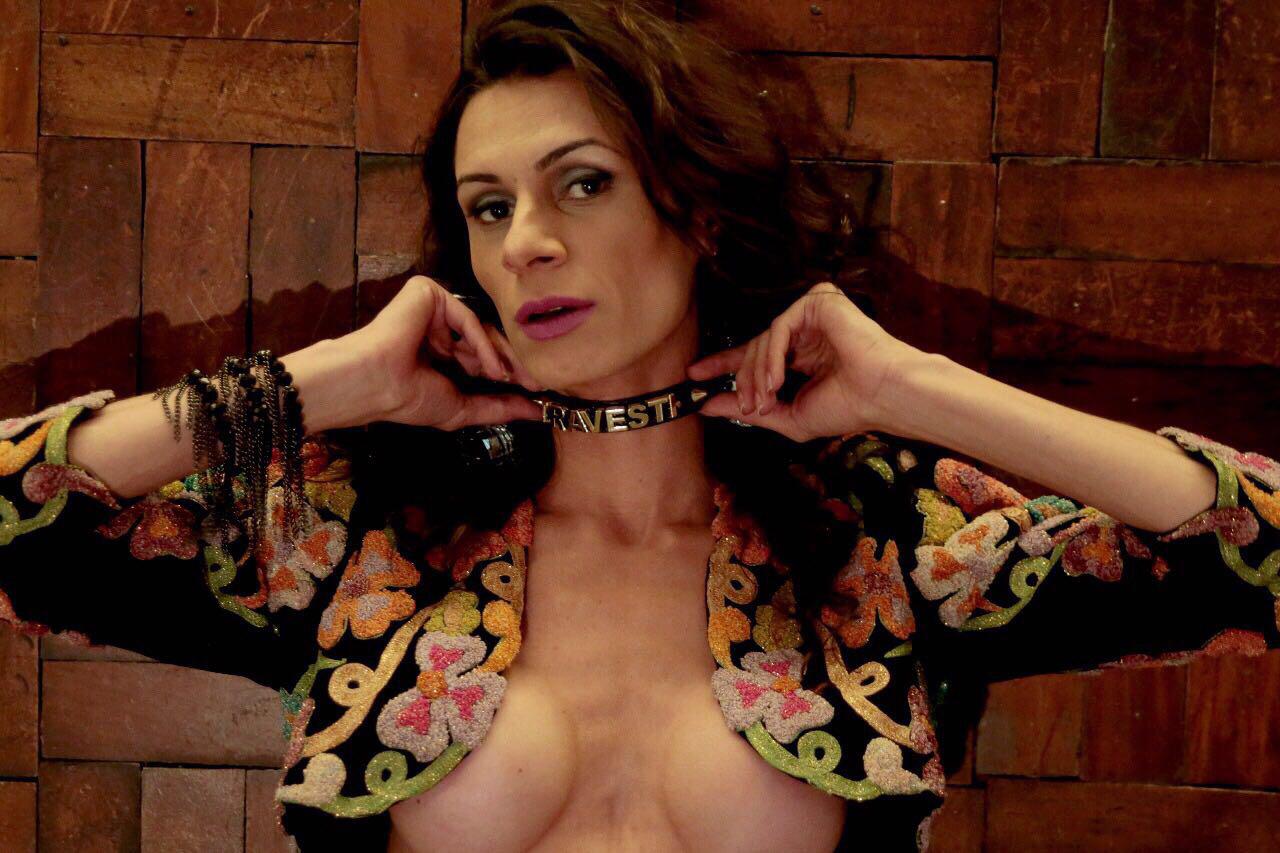¡El Arte no Calla! – Episode 5: Transgender Art and Censorship in Brazil with Renata Carvalho

“¡El Arte no Calla!,” a monthly Spanish-language podcast of the Artists at Risk Connection (ARC), explores art, freedom of expression, and human rights in Latin America. In each episode, ARC’s Latin America Representative Alessandro Zagato invites a different guest to help analyze the varying states of artistic freedom in Latin America and the violations that artists and activists are suffering in the region.
Episode 5: Transgender Art and Censorship in Brazil with Renata Carvalho
In this episode, Renata Carvalho, a prominent transgender artist and activist from Brazil, discusses the repeated attacks she suffered due to the theater piece, “O Evangelho Segundo Jesus, Rainha do Céu,” where she interprets the figure of Jesus as transgender. ARC spoke with her about the position of trans people in the Brazilian arts world and society, and how the possibility of inclusion and acceptance still seems to be far from reality. This situation has been aggravated by the current strength of right-wing and transphobic religious groups, paired with the Brazilian government’s irrational and disparate management of the pandemic.
ALESSANDRO ZAGATO: Can you tell me about your artistic trajectory? How and when did you start doing theater?
RENATA CARVALHO: I started doing theater in 1996 in Santos, the city where I was born. Once I started, I never stopped. I have worked 24 years as an actor, playwright, producer, even makeup artist. However, mainly, I consider myself a “trans-pologist” since I am a travesti who studies the trans body – what I do is therefore a trans anthropology. I have a degree in social sciences. I am the founder of “Movimento Nacional de Artistas Trans” (MONART) which is a national movement of trans artists in Brazil. Within it, I produced a manifesto of trans representativity demanding that trans artists interpret trans characters and that trans bodies be included in spaces of artistic production. I also founded the T Collective which is the first artistic collective entirely composed of trans artists.
AZ: We followed the case of your play, “O Evangelho Segundo Jesus, Rainha do Céu,” which was highly successful, but it also attracted a lot of hostility in Brazil. This theater piece was censored and attacked several times. Can you say something about this case and those who censored your work?
RC: This is a text by an English writer called Joe Clifford, where she asks, what if Jesus came back today as a trans person? We premiered in 2016 and since then we suffered censorship attempts in each of our representations. Five of these attempts were successful: two through legal actions, and three because of religious or political pressure, since in Brazil we are living a moment of religious fundamentalism where the extreme right wing is co-opting politics, including the fact that it reached the presidency.
m-block-quote “>
“Those people are not attacking Renata Carvalho personally, they do not even know me. They are attacking a travesti who is interpreting Jesus.”
AZ: What is the place of trans bodies in this situation? Do they have a place in the Brazilian arts world or are they still looking for one?
RC: Brazil is an extremely transphobic country. It has the highest rate of trans assassinations in the world – 40% percent of the world’s rate. The main cause of death for us is “suicide” – we are “suicided,” as we say here.
Those people are not attacking Renata Carvalho personally, they do not even know me. They are attacking a travesti who is interpreting Jesus, independently from who this person is. As a travesti I have a history, a social construction that is carnivalesque and media-produced, which permeates common sense and imagination. This is what the word travesti carries with it. We are linked to hyper-sexualized, criminal, masculinizing stories, and other vicious narratives. This is a trans-cestrality that does not give us a space in art, which is why we are struggling today for a representativity that is denied by power. When we hit a stage or a recording room we have to face all this prejudice towards our body, which is still not seen as a human body, as something natural – it is a body that causes discomfort in any type of space, and this is why things are so hard for us. Since we are not human, then we have no capacity to humanize a character. They do not see us as artists. They do not believe that a travesti or a group of us might be able to discuss art in an intellectual or purposeful way. Therefore, we always have to transcend these barriers to be considered as artists and not simply as trans bodies – as exotic or folkloric bodies.
AZ: Are you arguing that these barriers and prejudices do not just exist outside the art world but also within it?
RC: The entire world – society – is transphobic, and art is part of society, so it is transphobic too. We artists have been historically responsible for displaying specific trans bodies, sexualized, extreme – so we are also responsible for changing this narrative, for a transformation of such imagination on our bodies.
AZ: In such a radical context, what do you think is the political role of trans artists in today’s Brazil? Is there a direct link between art and politics?
RC: Art and politics go together since art started – and it will always be like this. This is a duty of all artists, not just trans artists in Brazil. The arts and the media told our story was wrong. Through these stories about our bodies, people have an image of the trans person, so they think they know who I am and who I was. As artists we need to work together to change this.
m-block-quote “>
“Everything was done to delegitimize my work, because it is easy to make my body guilty – it is too easy since it is guilty and stereotyped already.”






